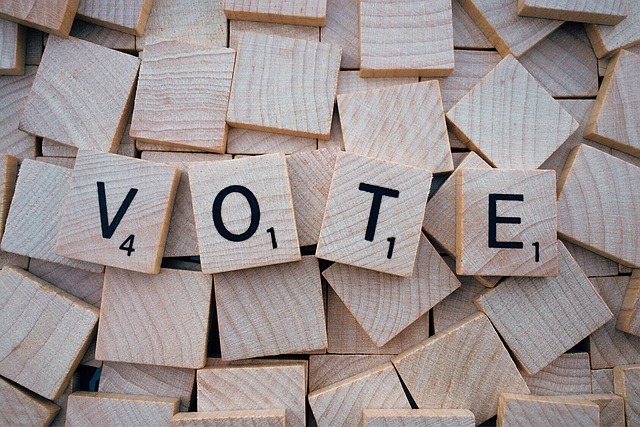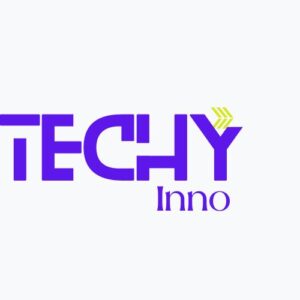Blockchain is an example of digital technology and has rapidly evolved since its initial application in cryptocurrencies. Indeed, blockchain has emerged as a versatile tool with applications far beyond than digital currencies. In fact, it is providing new ways to improve transparency, security, and efficiency, across a wide range of industries. Here, we explore some of the most popular blockchain use cases that are reshaping the business and technology landscape.

Digital Payments Technology and Cryptocurrency
The most well known use case of blockchain technology is cryptocurrency. Cryptocurrency enables peer-to-peer transactions without the need for intermediaries, such as banks. However, blockchain acts as a system for keeping track of transactions in cryptocurrencies, like Bitcoin and Ethereum . It stores transaction records across many computers, rather than in a single central place. This makes it decentralized, meaning no person or entity controls it. Each transaction is recorded publicly, and anyone on the network can verify it. Therefore; this decentralized structure makes cryptocurrencies resistant to censorship and fraud, as no single entity controls the blockchain.
Similarly, other cryptocurrencies like Ripple (XRP) and Stellar (XLM) are using blockchain to facilitate international payments. These blockchain-based payment systems allow for faster and cheaper cross-border transactions, compared to traditional banking payment methods. For example, Ripple’s network (RippleNet) enables real time payments system across borders with reduced fees. Thus, making it an attractive alternative for many financial institutions group.

Supply Chain Transparency and Traceability
Blockchain’s ability to provide a secure, and transparent system has proven to be a game-changer in supply chain management system. Blockchain makes it easier for businesses and consumers to track the origin of goods. Blockchain records every step of a product’s journey, which is especially important in industries where provenance and authenticity are critical, such as pharmaceuticals, food safety, and luxury goods. For instance, IBM’s Food Trust blockchain helps to trace food products from farm to table. In this way, it reduces the risk of contamination and improves the food safety. Therefore; blockchain provides a transparent, and real time record in product’s journey. All parties in the supply chain degree (including suppliers, distributors, retailers, and consumers) can access the record.

Data Management for Healthcare
Blockchain is transforming healthcare and it can provide a secure and efficient way to store and manage patient data. Different systems fragment and store traditional electronic health records (EHRs), which are also prone to breaches. However, blockchain offers a single, immutable record. Also, the record can be shared securely across all healthcare providers, ensuring that patients’ medical histories are accurate and uptodate. Projects like MedRec are utilizing blockchain to create a record of decentralized healthcare system. Moreover, data stored on the blockchain provides patients to have more control over their health data information.
Healthcare providers can also improve the quality of care by quickly accessing the medical records. Blockchain secures sensitive health data and in return protects the data from cyber threats. Notably, blockchain can also improve the clinical trial management. Researchers can use blockchain to ensure data integrity, and the blockchain can record trial results on an immutable digital record. Therefore; this transparency helps to prevent from fraud, and increases the trustworthiness in clinical trials.
Smart Contracts & Automation Logic
Smart contracts are self executing contracts with the terms directly written on code. The contract automatically executes without the need for intermediaries. This can save businesses time and money, while reducing the risk of human error or fraud. Various industries, including real estate, insurance, and legal services use smart contracts. In real estate, smart contracts can automatically transfer ownership of a property, once the agreed upon payment is made. In this way, they can reduce the complexity, and possibility of errors in property transactions. Moreover, smart contracts automatically trigger the insurance payments, when specific conditions are met, such as damage to property.
Ethereum is the most popular platform for smart contracts development. In particular, Ethereum has become a go-to solution for automating the processes across industries due to its extensive developer community and smart contract capabilities.

Digital Identity Management
Organizations are increasingly using blockchain to manage the digital identities. Traditional identity management systems are vulnerable to data breaches and fraud because they rely on centralized database system. Blockchain offers a decentralized alternative, where individuals control their own identity data. Hence, they can choose what information to share and with whom to share. In particular, these services are to vote in elections and conduct online transactions securely. Financial sector can also use blockchain for know your customer processes. Institutions can verify the identity of customers securely and efficiently. In this way, they can reduce the time and cost associated with traditional procedures.

Voting Systems
Blockchain is making its way into the realm of voting, offering a more secure and transparent way to conduct elections. Blockchain-based voting systems ensure that the votes are accurately recorded and are not tampered. In fact, they can address many concerns about the election fraud and transparency. While using blockchain, voter identities can be securely verified. In addition, the voting process can be made more accessible, especially for overseas voters list. This unchangeable record of blockchain ensures that once a vote is cast, no one can change or delete it. Overall, this enhances the credibility of election results and creates public trust among the voters.
 Intellectual Property Valuation and Copyright Security
Intellectual Property Valuation and Copyright Security
Blockchain protects intellectual property services and ensures that creators receive fair compensation for their work. Blockchain allows content creators, such as writers and musicians to register their work within a decentralized authority system. Obviously, this approach provides a clear record of the ownership. Additionally, music streaming platforms (like Ujo Music) use blockchain in order to ensure that the artists retain control over the music. Also, Ujo Music allows musicians to directly sell their music to consumers using smart contracts. Thus, this ensures that terms of the sale method are transparent and the artists receive payment promptly.
Energy Trading and Sustainability Issues
Blockchain plays an important role in the energy sector futures. Consequently, it enables decentralized energy trading. Renewable energy sources like wind and solar are becoming more common, therefore; blockchain allows consumers to trade the excess energy directly with one another. As a result, the traditional energy grids can be bypassed. Moreover, Power Ledger is one such platform that uses blockchain to facilitate the peer-to-peer energy trading. Consumers can sell their extra solar energy to others, thus promoting the use of renewable energy. Blockchain ensures transparency in energy transactions, and allows its consumers to track how much energy they are producing and consuming.

Charity Case and Donations
Blockchain can improve accountability and transparency in the charitable sector. Donors can track how they use the contributions to make sure that funds are directed only to the intended causes. Blockchain’s immutable record ensures that no one misuses the donations. Several organizations keep exploring blockchain to make sure that the charitable donations are transparent and traceable. Also, this helps to build trust with donors and ensures that resources are effectively allocated to those who are in need.
In conclusion, blockchain is a transformative technology and it changes the way we conduct businesses, store data, and interact with each other. Blockchain has proven its potential to solve complex problems in multiple industries. As the technology continues to evolve, we can expect even more innovative use cases that will redefine how industries operate in the digital age. Blockchain is not just the future; it’s already shaping the present.






Pingback: Is Crypto a Risk or a Revolution? The Answer Might Surprise You - techy